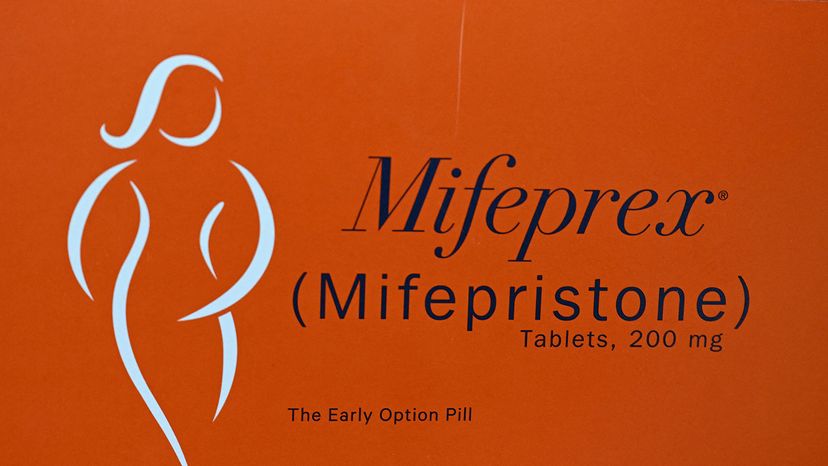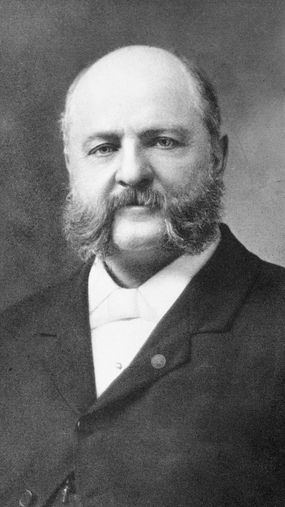In 1873, Comstock founded the New York Society for the Suppression of Vice — a society whose crest bore two images: a man in a top hat shoving another man into a jail cell, and perhaps the same gentleman tossing a pile of books onto a pyre. That year Comstock also successfully lobbied Congress to pass the Comstock Act, a law prohibiting the possession, sale, distribution or mailing of "obscene, lewd, lascivious, indecent, filthy or vile" materials, which could include things like pornographic books and photos, but also contraception. Violation of the Comstock Act was punishable with fines and prison sentences.
After Comstock's anti-obscenity bill was signed, he was assigned as a special agent and inspector to the U.S. Postal Office, giving him the power to enforce the law. Under court order, Comstock seized and burned millions of books, newspapers, pamphlets, photographs and other printed materials — many of them educational documents about then-taboo topics: sexual health, atheism, homosexuality, contraception, abortion and equality of the sexes.
Under the Comstock Act, the first violation imposes a five-year maximum prison sentence, while subsequent ones can rack up 10 years. Over 3,000 people were arrested under the law, serving what added up to 600 years in prison. Comstock acted as personal and political nemesis to early feminists like Emma Goldman and Planned Parenthood founder Margaret Sanger. He was even known to boast about the number of "libertines" he drove to suicide.




